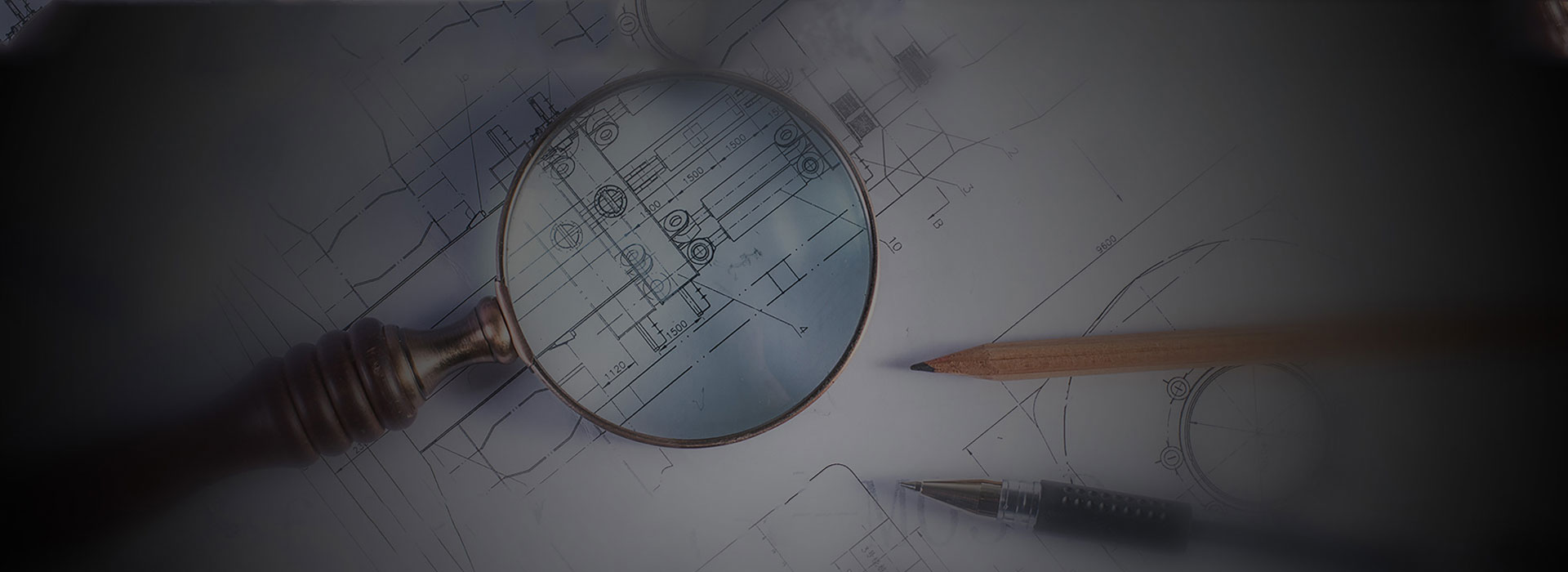What are the types of aluminum alloy die casting
2021-11-11




Al-Mg alloy
The performance characteristics of Al-Mg aluminum alloy are: good mechanical properties at room temperature; strong corrosion resistance; poor casting performance, large fluctuations in mechanical properties and large wall thickness effects; long-term use, due to aging effects, plasticity of the alloy Decrease, and even die castings cracking; die castings have a greater tendency to produce stress corrosion cracking. The shortcomings of Al-Mg alloy partially offset its advantages, and its application is subject to certain restrictions.
After natural aging, Al-Zn aluminum alloy die castings can obtain higher mechanical properties. When the mass fraction of zinc is greater than 10%, the strength is significantly improved. The disadvantages of this alloy are poor corrosion resistance, stress corrosion tendency, and easy thermal cracking during die casting. The commonly used Y401 alloy has good fluidity and is easy to fill the cavity. The disadvantage is that it has a high tendency to form pores. When the content of silicon and iron is small, it is easy to thermally crack.
Because Al-Si aluminum alloy has the characteristics of small crystallization temperature interval, large solidification latent heat of the silicon phase in the alloy, large specific heat capacity, and relatively small linear shrinkage coefficient, its casting performance is generally better than other aluminum alloys. Its filling ability is also good, and the tendency of thermal cracking and shrinkage porosity is relatively small. The number of brittle phases (silicon phases) contained in Al-Si eutectic is the least, and the mass fraction is only about 10%. Therefore, its plasticity is better than other aluminum alloy eutectics. The only remaining brittle phases can be further modified by modification. Improve plasticity. The test also shows that the Al-Si eutectic still maintains good plasticity at the temperature near its freezing point, which is not available in other aluminum alloys. A considerable amount of eutectic is often required in the structure of casting alloy to ensure its good casting performance; the increase in the number of eutectic will make the alloy brittle and reduce the mechanical properties. There is a certain contradiction between the two. However, because Al-Si eutectic has good plasticity and can better meet the requirements of both mechanical properties and casting performance, Al-Si alloy is currently the most widely used aluminum alloy die casting.





